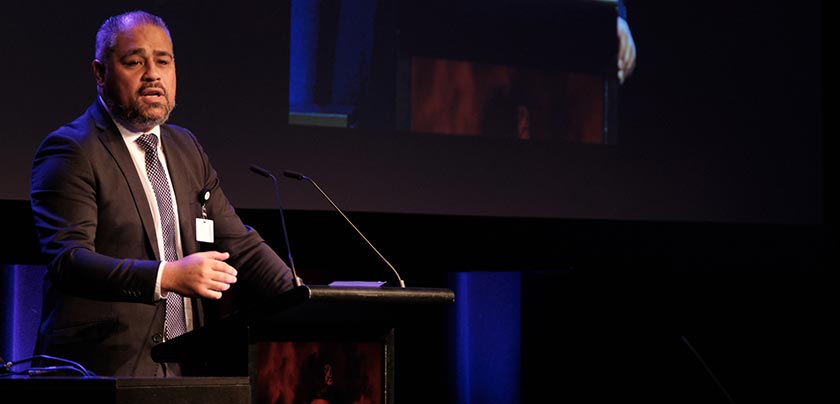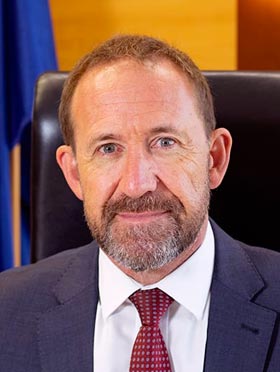
In an online health sector briefing in October, the minister outlined health reform legislation, Pae Ora (Healthy Futures) as it was introduced to Parliament.
Little said communities such as Māori and Pasifika were missing out on services “to quite a considerable degree”.
“We are now trying to create a system that means we can seriously address the gaps that have arisen.”
Achieving “greater equity” was an essential objective of the changes.
It would fix the growing inconsistency between different regions of the country as well, he said.
The current 20 district health boards (DHBs) would be replaced with a single entity, Health New Zealand (HNZ).
A separate Māori Health Authority (MHA) would be set up, with a budget and powers to commission services “relevant to Māori”.
Both were launched with interim boards.

Little said $46 million was set aside to develop “locality planning”. Each locality in the new HNZ system would be a “natural concentration of population”, he said. The likes of the local existing health services, community representation, and iwi Māori partnership boards would identify its health needs.
That would form the basis of a “health plan” that would help set funding for that locality, he said.
An initial $127m was allocated for the MHA to develop kaupapa Māori health services.
“I just wanted to affirm the importance that we attached to the Crown as a Treaty partner, properly fulfilling its obligations under the Treaty, and to seriously address the disproportionately poor health outcomes for Māori.”
Little said this disparity could be seen in areas such as the COVID-19 vaccination rollout.
“It’s really shone a light on some of the system problems we have.”
He said it was important that the reforms provide a “one-system culture” around Aotearoa. There would be a common set of expectations for people working in the system.
Meanwhile, HNZ would take on all employees, assets and liabilities of the current DHBs. “So nothing will change relating to those terms and conditions,” Little said.
Also speaking at the briefing, Associate Health Minister Ayesha Verrall said COVID-19 had shown the importance of expert public health advice.
A new public health agency would be set up within the Ministry of Health, to provide leadership on issues such as “strategy, policy, intelligence and surveillance”.
The bill strengthened the role of the director of public health, she said. An expert advisory committee would be created to provide independent advice to ministers on public health matters.
Associate Health Minister (Māori health) Peeni Henare said the Government did not include detailed functions and powers of the boards of the new entities in the bill.
“Instead the board of the new interim Māori Health Authority will work with the iwi Māori partnership boards to further define their role, functions and powers.”
Henare said he expected the Government would make additions to the bill early next year reflecting the interim board’s engagement work.
The NZNO Policy team will hold scheduled online consultations about the Bill for members – this will be an opportunity to discuss the Bill and share thoughts, so that members’ voices can be included in the NZNO submission. To attend a consultation hui please email [email protected] for session times.

